13 Sep Scotland-wide alert after deadly contaminated heroin causes immediate overdose
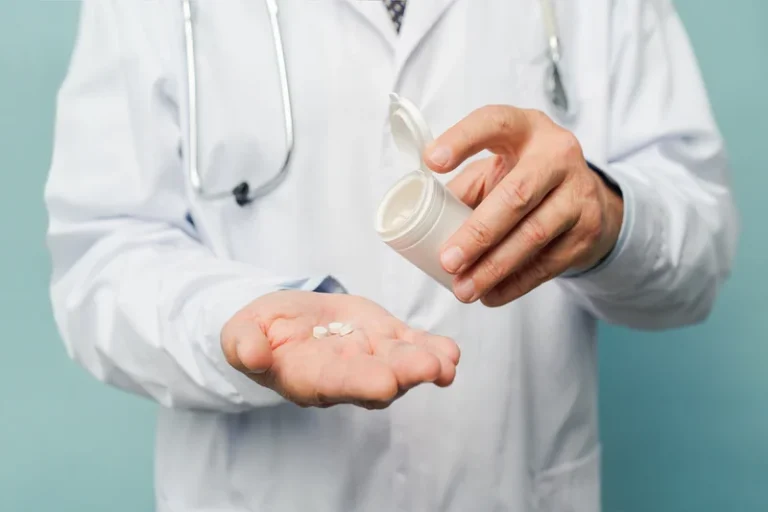
It can feel overwhelming and scary to be in a situation alcohol overdose where someone you know or love may be experiencing an alcohol overdose. However, there are steps you can take to help, and possibly save the person’s life. Most of the time, calling 911 is the best option when someone is experiencing alcohol poisoning. If the person is already in a vehicle with a sober driver, taking them to an emergency room may also be an appropriate response. Exceeding daily guidelines for moderate drinking can cause health consequences. The Dietary Guidelines for Americans recommends that women should consume up to one alcoholic drink per day and that men consume up to two drinks per day.
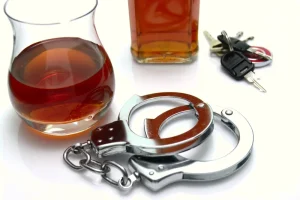
Signs of Alcohol Poisoning: What to Do in an Alcohol Emergency
Do not wait for the person to have all the symptoms, and be aware that a person who has passed out can die. Don’t play doctor—cold showers, hot coffee, and walking do not reverse the effects of alcohol overdose and could actually make things worse. The more you drink, especially in a short period of time, the greater your risk of alcohol poisoning. Alcohol poisoning is preventable with responsible drinking habits, and it’s critical to act quickly if someone exhibits symptoms of alcohol poisoning. The more alcohol consumed in a shorter amount of time, the higher the risk of alcohol poisoning.
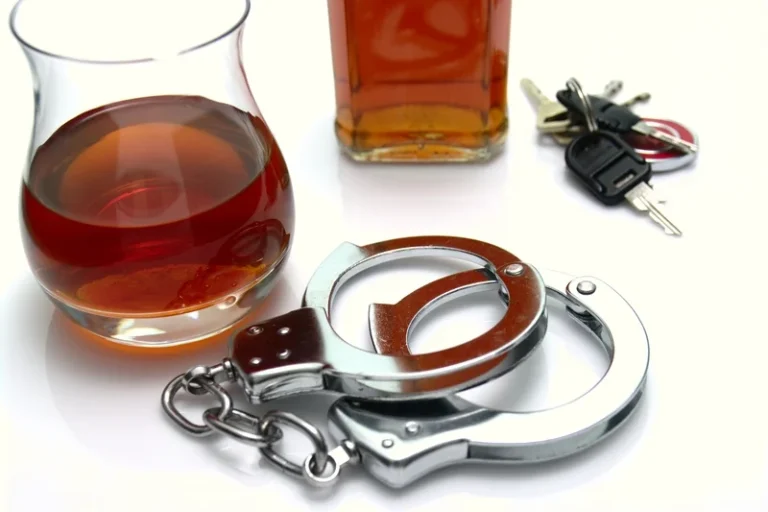
Who May Be at Risk?
If you think that someone has alcohol poisoning, seek medical care right away. When somebody consumes an alcoholic drink, their liver has to filter out the alcohol, a toxin, from their blood. If patients report a history of chronic alcohol use or if they experience alcohol withdrawal symptoms as they sober up, they may be addicted to alcohol. Recovering from alcohol poisoning can be an opportune time for individuals to find an alcohol rehab center to safely detox from alcohol. The amount of alcohol that it takes to get alcohol poisoning differs for each person.
- Even if someone has stopped drinking and appears to be getting better, they could still be in danger.
- Ridgeview Behavioral Hospital is always here for you, making it easy for you to get the help you need.
- If anyone shows signs of severe intoxication, contact emergency services immediately.
- The risk of alcohol poisoning increases when people binge drink or drink heavily.
Police were ‘right to shoot dead’ two out of control XL Bully dogs
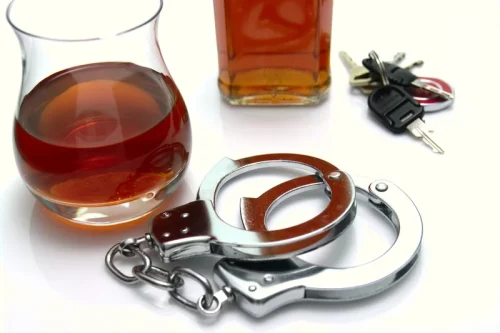
Even if you’re unconscious, your stomach and intestines continue to release alcohol into your bloodstream, increasing the level of alcohol in your body. Alcoholic drinks contain a form of alcohol known as ethyl alcohol or ethanol. This is also found in mouthwashes, some medicines, and household products. Poisoning happens when you drink too much ethyl alcohol in a short space of time. Other kinds of alcohol that you might have around the house, such as isopropyl alcohol (rubbing alcohol) and methanol (wood alcohol), are toxic in a different way.
- Severe alcohol intoxication — or alcohol poisoning — is a dangerous condition that requires immediate medical attention.
- Stopping can appear difficult and daunting not least with fear of alcohol withdrawal but with Allen Carr’s Easyway drug free quit drinking method it is easy.
- When the body is overwhelmed by a toxic amount of alcohol, it can severely affect vital functions.
- Alcohol intoxication refers to a temporary condition that occurs when a person drinks an excess of alcohol at one time.
- Alcohol poisoning can be life threatening and usually requires urgent medical treatment.
You might initially notice mild effects like slurred speech, forgetfulness, or clumsiness. It is dangerous to assume that an unconscious person will be fine by sleeping it off. One potential danger of alcohol overdose is choking on one’s own vomit. Alcohol at very high levels can hinder signals in the brain that control automatic responses, such as the gag reflex.
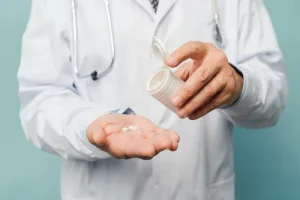
Without a properly functioning gag reflex, there is a risk of choking on vomit, which could kill an unconscious person. In the emergency room, a doctor will check their BAC and look for other signs of alcohol poisoning, such as a slow heart rate and low blood sugar and electrolyte levels. People cannot treat severe alcohol intoxication — or alcohol poisoning — at home.
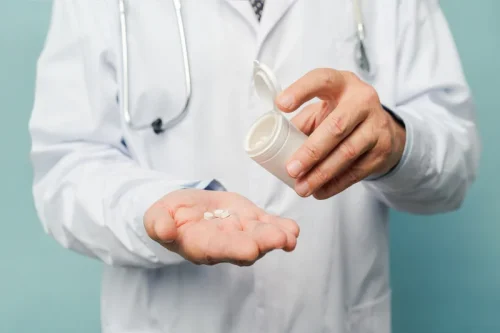
With high-risk drinking, the concentration of alcohol in the blood becomes high enough to depress the areas of the brain responsible for consciousness and respiration. As a result, the drinker can lapse into a coma, stop breathing, and die. There is no one exact answer to how long the signs of alcohol poisoning will last. How long it takes to happen and how long it takes to leave your body varies, depending on several factors.
- Alcohol at very high levels can hinder signals in the brain that control automatic responses, such as the gag reflex.
- Their life may be in danger, and they need to avoid doing anything that might cause them injury or increase their risk.
- You may be given fluids, which may be given into your veins with a drip.
But it’s best to take action right away rather than be sorry later. You may worry about what will happen to you or a friend or family member, especially if underage. But the results of not getting help in time can be far more serious. Alcohol poisoning also can occur when adults or children accidentally or intentionally drink household products that contain alcohol. Like other opioids, nitazenes can cause fatal respiratory depression, and some are hundreds of times more potent than heroin.
Care workers ‘not paid enough to live on’, says union
It can cause serious complications, like liver and heart failure, which can be fatal. Drinking on an empty stomach and taking sleeping pills, antidepressants, or pain relievers can make it easier for alcohol to enter your bloodstream and strengthen its effects. Don’t assume you can sleep it off or that you’ll be OK in the morning. If you can’t sit up, lie on your side to prevent choking Sober living house on your vomit.


No Comments